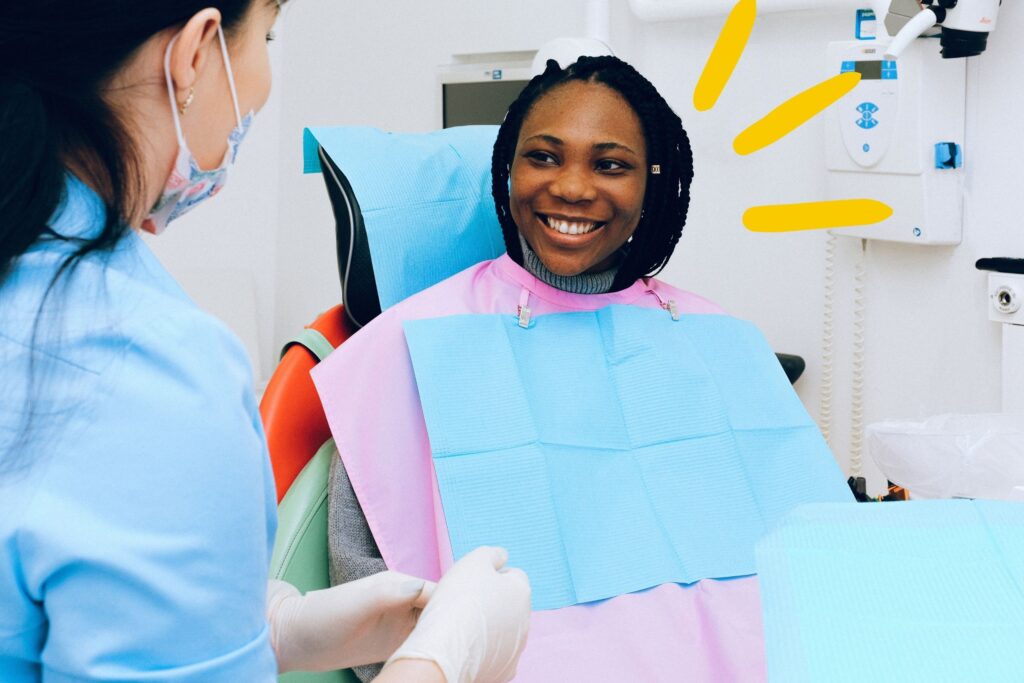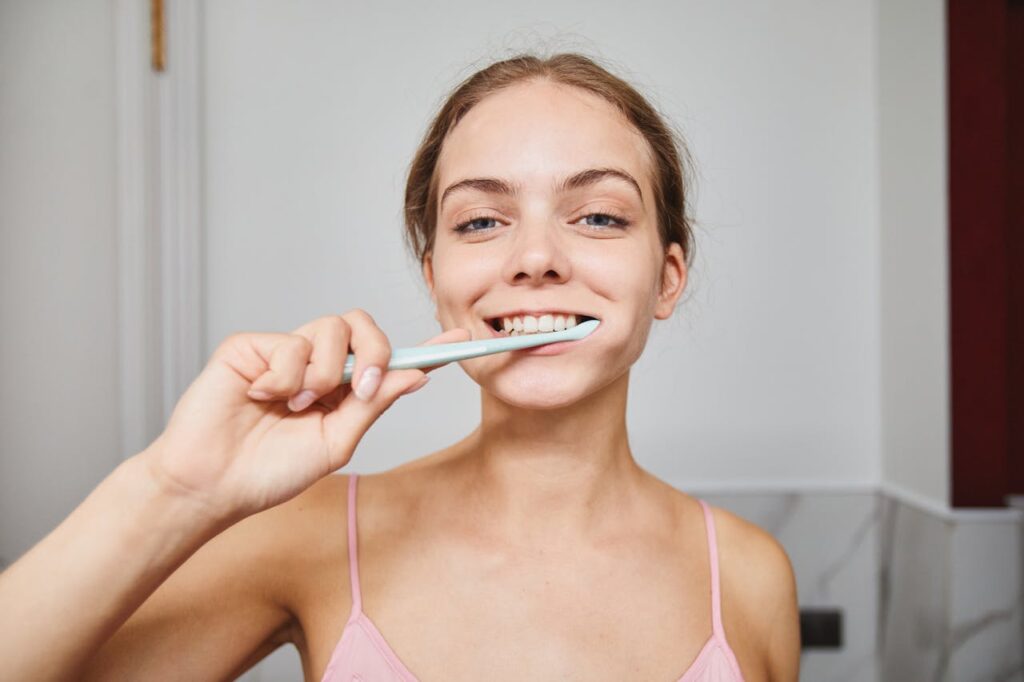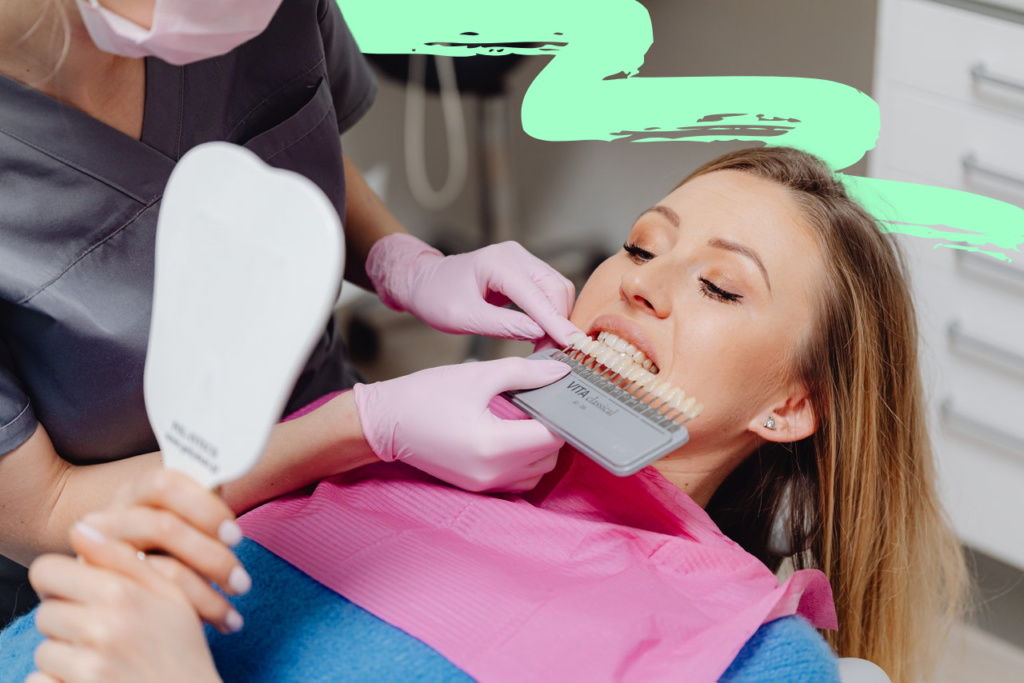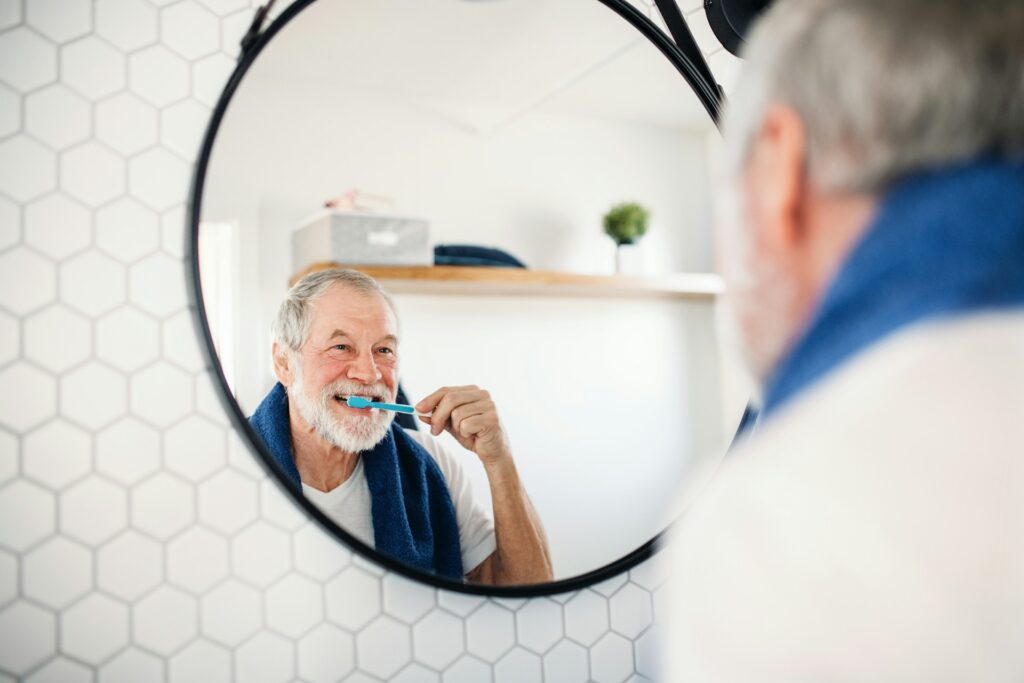Good oral hygiene is crucial to the overall general health and well-being of an individual. Taking care of one’s teeth is not just about having a great smile or fresh breath, but it also involves eradicating oral diseases, many of which can have severe impacts on one’s quality of life.
Unfortunately, many of us unknowingly make several oral health mistakes that could be detrimental to the long-term health of our teeth. Here are 10 such common mistakes and how to avoid them.
Skipping Regular Dental Check-ups
One of the major mistakes many people make is neglecting regular dental check-ups. Routine dental visits ward off the majority of looming oral health issues, like cavities, gum disease, oral cancer, and other dental emergencies. Early detection of oral health problems allows practitioners to provide prompt, minimal, and cost-effective treatment.

Not Flossing Daily
Brushing twice daily is important, but it does not remove the food particles and plaque between your teeth. Flossing is an integral part of oral hygiene which many overlook – it removes the hard-to-reach debris between the teeth and reduces the risk of gum disease and tooth decay.
Research shows that only 30% of Americans floss daily, yet this simple habit can prevent 40% of cavities that occur between teeth. The spaces between your teeth account for 35% of your tooth surfaces, making flossing essential for comprehensive cleaning. If traditional string floss feels challenging, consider water flossers or interdental brushes as effective alternatives. The key is consistency – even flossing a few times per week provides significant benefits compared to not flossing at all.
Incorrect Brushing Technique
Sometimes it’s not about brushing twice daily, but how you do it. Vigorous brushing can cause damage to tooth enamel, leading to tooth sensitivity and gum recession. Use a soft-bristle toothbrush, apply a gentle, circular motion to massage the teeth and gums rather than an aggressive back-and-forth motion.
Proper brushing technique involves holding your toothbrush at a 45-degree angle to your gums and using short, gentle strokes. Spend at least two minutes brushing, dedicating 30 seconds to each quadrant of your mouth. Electric toothbrushes can be particularly beneficial as they provide consistent motion and often include built-in timers. Increasingly, many are using Invisalign to straighten their teeth, and proper brushing becomes even more critical during orthodontic treatment to maintain optimal oral health around aligners and prevent staining.

Using An Old Toothbrush
As good oral habits involve brushing regularly, it’s equally important to replace your toothbrush every three to four months. An old, frayed toothbrush does not clean your teeth effectively and can store harmful bacteria that lead to infections.
Overconsumption Of Acidic Foods & Drinks
Certain foods and beverages like sodas, citrus fruits, wine and coffee contain acid that can erode tooth enamel, making teeth more susceptible to decay. Limit your intake of these substances, and remember to rinse your mouth with water after consumption.
The timing of acidic consumption matters significantly. Your mouth’s pH drops below the critical level of 5.5 when exposed to acids, creating an environment where enamel demineralisation occurs. This process can last up to 30 minutes after consumption. To minimise damage, avoid brushing immediately after consuming acidic foods or drinks – wait at least 30-60 minutes to allow your saliva to neutralise the acids naturally. Consider using a straw when drinking acidic beverages to minimise contact with teeth, and try to consume acidic foods as part of meals rather than as standalone snacks.
Read: What are the best (and worst) culprits for staining your teeth?
Over-Reliance On Whitening Products
While everyone cherishes white teeth, overusing teeth-whitening products can lead to problems. They often contain harsh chemicals that can weaken the enamel and cause tooth sensitivity. Always consult with a dental professional before starting any whitening regimen.
Remember that intrinsic stains (from medications or trauma) cannot be addressed with surface whitening treatments and require professional evaluation. The healthiest approach focuses on preventing stains through good oral hygiene rather than relying heavily on whitening products.

Ignoring Gum Health
Ignoring your gums is just as bad as ignoring your teeth. Redness, itchiness, and bleeding gums can be signs of gingivitis, or early-stage gum disease. Make sure to take good care of your gums by brushing gently along the gum line and flossing regularly.
Gum disease affects nearly half of adults over 30, yet it’s largely preventable with proper care. The progression from gingivitis to periodontitis can happen quickly if left untreated, potentially leading to tooth loss and systemic health issues. Studies have linked gum disease to heart disease, diabetes, and stroke, making gum health a whole-body concern.
Using Your Teeth As Tools
Many people unconsciously use their teeth to open packages, crack nuts, tear tape, or even open bottles. This habit puts excessive stress on your teeth and can lead to chipped, cracked, or broken teeth, as well as damage to existing dental work like fillings or crowns. Your teeth are designed for chewing food, not as substitutes for scissors, bottle openers, or pliers. Keep proper tools handy and resist the temptation to use your teeth for anything other than eating. The convenience of using your teeth as tools is never worth the potential dental emergency that could follow.

Nighttime Snacking
Snacking just before bedtime, especially sugar-laden snacks, provides fuel for cavity-causing bacteria. It’s even more harmful if you go to bed without brushing afterward as it allows the food particles to remain on your teeth all night.
Avoiding Fluoride
Fluoride fights cavities and makes teeth more resistant to decay. Some people choose natural, fluoride-free toothpaste, unintentionally missing out on the protective effects against cavities. Make sure your toothpaste contains fluoride, and if you live in an area where the water is not fluoridated, your dentist may suggest using a fluoride rinse or supplement.
The Bottom Line
Remember, your dental health plays a significant role in determining your overall health. Avoiding these mistakes and maintaining good oral hygiene habits will go a long way in preserving your smile for many years to come. After all, a healthy mouth is indeed a gateway to a healthy body.





